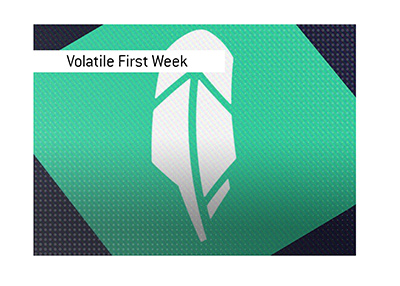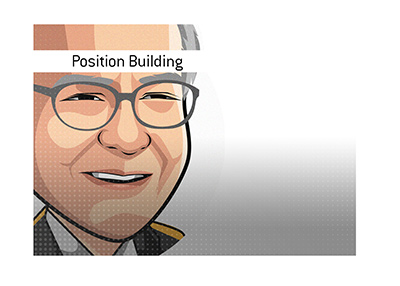One Year Removed From Near-Collapse In 2008, Major Financial Firms Set to Dish Out Record Compensation
This would represent a nearly 18% jump in compensation from 2008, and would even top the earnings extravaganza that was 2007.
This would represent a stunning comeback for Wall Street, considering that both the banking and securities sectors (and by extension, the economy in general) nearly collapsed in the fall of 2008.
People have been crying foul over these proposed bonuses over the last year, but things should really hit a fever pitch once companies start reporting their fourth quarter earnings.
President Obama has continually voiced his displeasure towards the massive payouts, arguing that top executives should be scaling back their bonuses, given the events of the past few years. In fact, he recently proposed a 10 year, $90 billion dollar bank tax that would seek to "claw back" some of the riches that are currently being dished out by the largest banks and securities firms.
Many Americans are livid that the largest US financial firms are paying out such lucrative bonuses just a year after the near-catacylismic crash in the fall of 2008. If the US government (and by extension, the average US citizen) had not stepped in and bailed out numerous companies, then the entire US economy (and global economy, for that matter) would have collapsed. Firms such as Goldman Sachs would have almost certainly collapsed if not for the bailout.
How then can these firms, which were pulled back from the precipice by US taxpayers, suddenly start dishing out $150 billion dollars in total compensation? Sure their revenues are up, but the point is that they wouldn't exist if not for the bailouts last year. Returning so quickly to their lavish-spending ways is a slap in the face to everyone that helped to bail them out last year.
The other problem is that these firms now have an implicit guarantee from the US government. They were bailed out in the past, and they would almost certainly be bailed out again in the future. Instead of scaling back their risk, firms will almost certainly be increasing their risk. Why not? If they blow up again, then Uncle Sam will almost certainly be there to bail them out once again.
The thing is, these firms are simply playing by the rules. They have paid back their TARP money, and are now free to rain down cash on their employees despite a 10% national unemployment rate. Sure, they were almost destroyed in 2008 due to their excessive risk-taking, but if they aren't given a reasonable deterrent against taking such risks, then they will continue to do exactly the same types of things in the future. Why not? As I said, they now have an implicit guarantee from the government.
The big question is - should these firms be forced to pay some sort of a fee?
Should employees of these firms who receive massive bonuses be forced to pay some sort of a special tax? Should these firms be forced to pay a $90 billion dollar "fee" over the next 10 years, as President Obama recently proposed?
That's the question that will need to be answered over the coming year.
One thing is for sure - 2009 is going to be a banner year for many banks and securities firms. Who would have predicted that in the fall of 2008?
Source: Wall Street Journal - Banks Set for Record Pay
Filed under: General Market News



